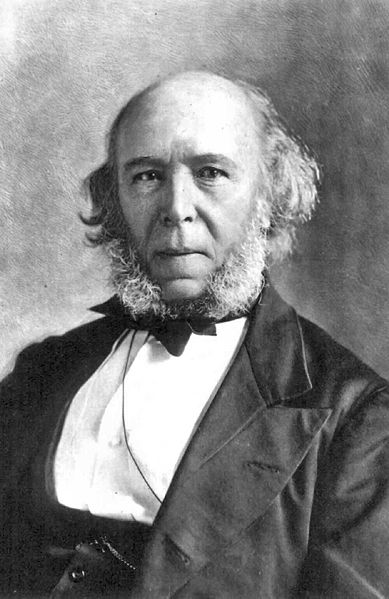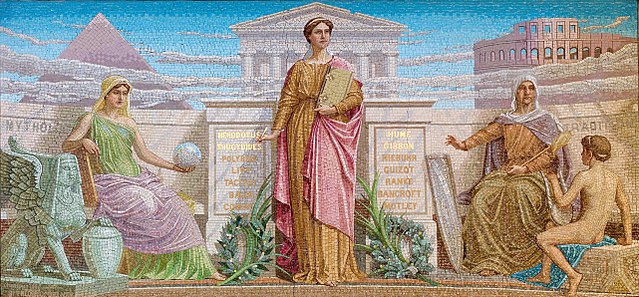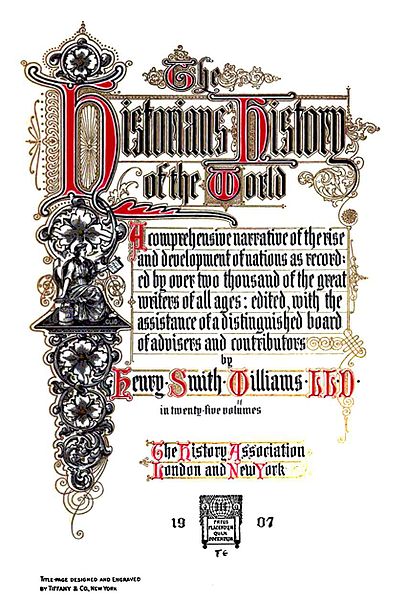The great man theory is an approach to the study of history popularised in the 19th century according to which history can be largely explained by the impact of great men, or heroes: highly influential and unique individuals who, due to their natural attributes, such as superior intellect, heroic courage, extraordinary leadership abilities, or divine inspiration, have a decisive historical effect. The theory is primarily attributed to the Scottish essayist, historian, and philosopher Thomas Carlyle, who gave a series of lectures on heroism in 1840, later published as On Heroes, Hero-Worship, & the Heroic in History, in which he states:Universal History, the history of what man has accomplished in this world, is at bottom the History of the Great Men who have worked here. They were the leaders of men, these great ones; the modellers, patterns, and in a wide sense creators, of whatsoever the general mass of men contrived to do or to attain; all things that we see standing accomplished in the world are properly the outer material result, the practical realisation and embodiment, of Thoughts that dwelt in the Great Men sent into the world: the soul of the whole world's history, it may justly be considered, were the history of these.

Napoleon, a typical great man, said to have created the "Napoleonic" era through his military and political genius.
Bust of Thomas Carlyle by Thomas Woolner
Herbert Spencer was a contemporary critic of Carlyle's great man theory.
William James was a 19th-century philosopher and psychologist.
History is the systematic study and documentation of the human past.
Herodotus (c. 484 – c. 425 BC) has been considered the "father of history" in the Western world.
History by Frederick Dielman (1896)
The title page to The Historians' History of the World
The title page to La Historia d'Italia








